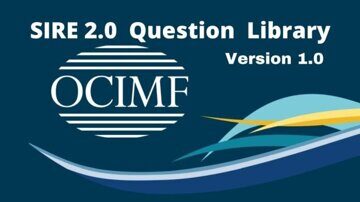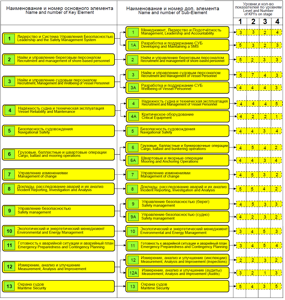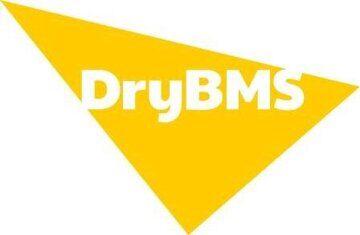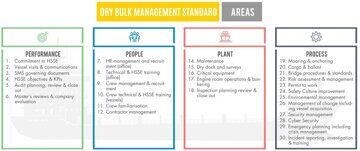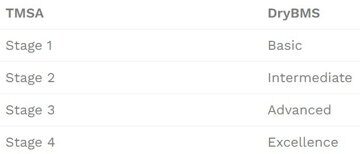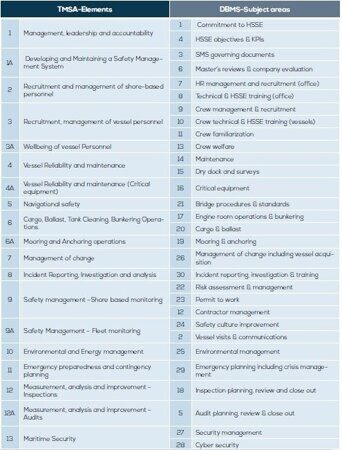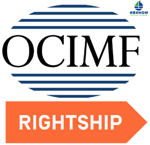 Tanker and Dry Bulk Management Standard 16.09.2024 19:00
Tanker and Dry Bulk Management Standard 16.09.2024 19:00The maritime industry is continuously evolving to enhance safety, efficiency, crew wellbeing, and environmental stewardship. Central to these improvements are robust inspection programs such as the Oil Companies International Marine Forum’s (OCIMF) Ship Inspection Report Programme (SIRE) and RightShip's RISQ Programme for Dry Bulk vessels.
The Tanker Management and Self-Assessment (TMSA) programme provides companies with a means to improve and measure their own safety management systems.
The programme encourages companies to assess their safety management systems (SMS) against key performance indicators (KPIs) and provides the minimum standard expected (level 1) plus three levels of increasing standards or performance. The self-assessment results can be used by operators to develop phased improvement plans that support continuous improvement of their ship management systems. Companies are encouraged to regularly review their self-assessment results and develop plans for improvement.
Aligning policies and procedures with industry best practice helps companies to improve and attain increasingly higher standards of safety and pollution prevention management.
The Dry Bulk Management Standard (DryBMS), a crew welfare self-assessment tool and a new Rightship Inspection Ship Questionnaire (RISQ).
DryBMS is a voluntary standard that prioritizes improvement in standards in the dry bulk marine sector. This voluntary program is designed to allow ship managers to measure their Safety Management System (SMS) against agreed industry standards, with the aim of improving fleet performance and risk management. This will ensure an operator’s policies align with industry best practice to both advance their performance and attain high standards of health, safety, security and pollution prevention.
Guidelines focus on 30 areas of management practice across four important risk areas in vessel operations; performance, people, plant and process. DryBMS will grade the excellence of a company’s SMS against measurable expectations and targets without involving the burdens of excessive inspections.
Both tools are based on self assessment processes. It is voluntary for ship owners to declare the compliance level and status of the managed company. Operator has to review a list of KPIs (or expectations) and decide the compliance (or not) for each one. There are four (4) compliance levels in both standards:
On the other hand, TMSA includes 13 elements while DryBMS has 30 subject areas. Taking into consideration the requirements of each one, table below shows a relation:

